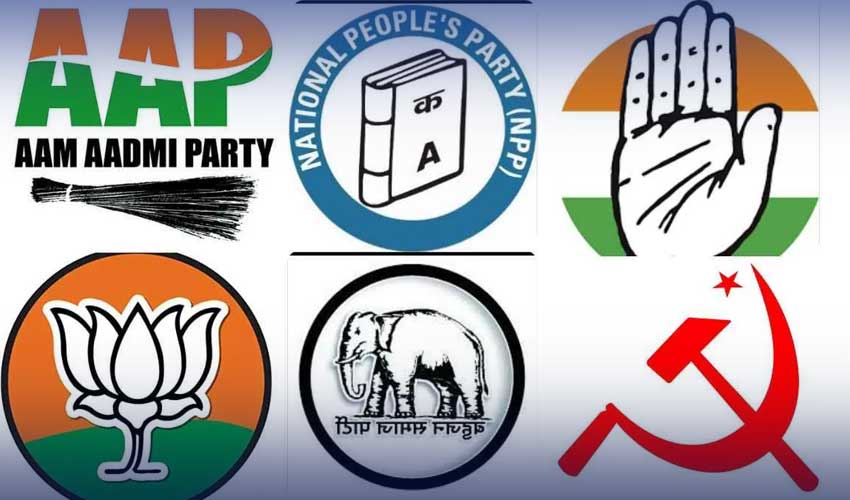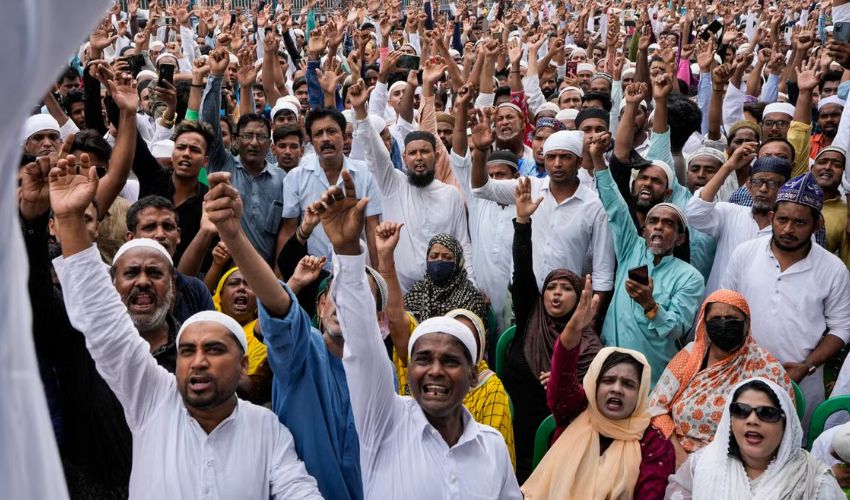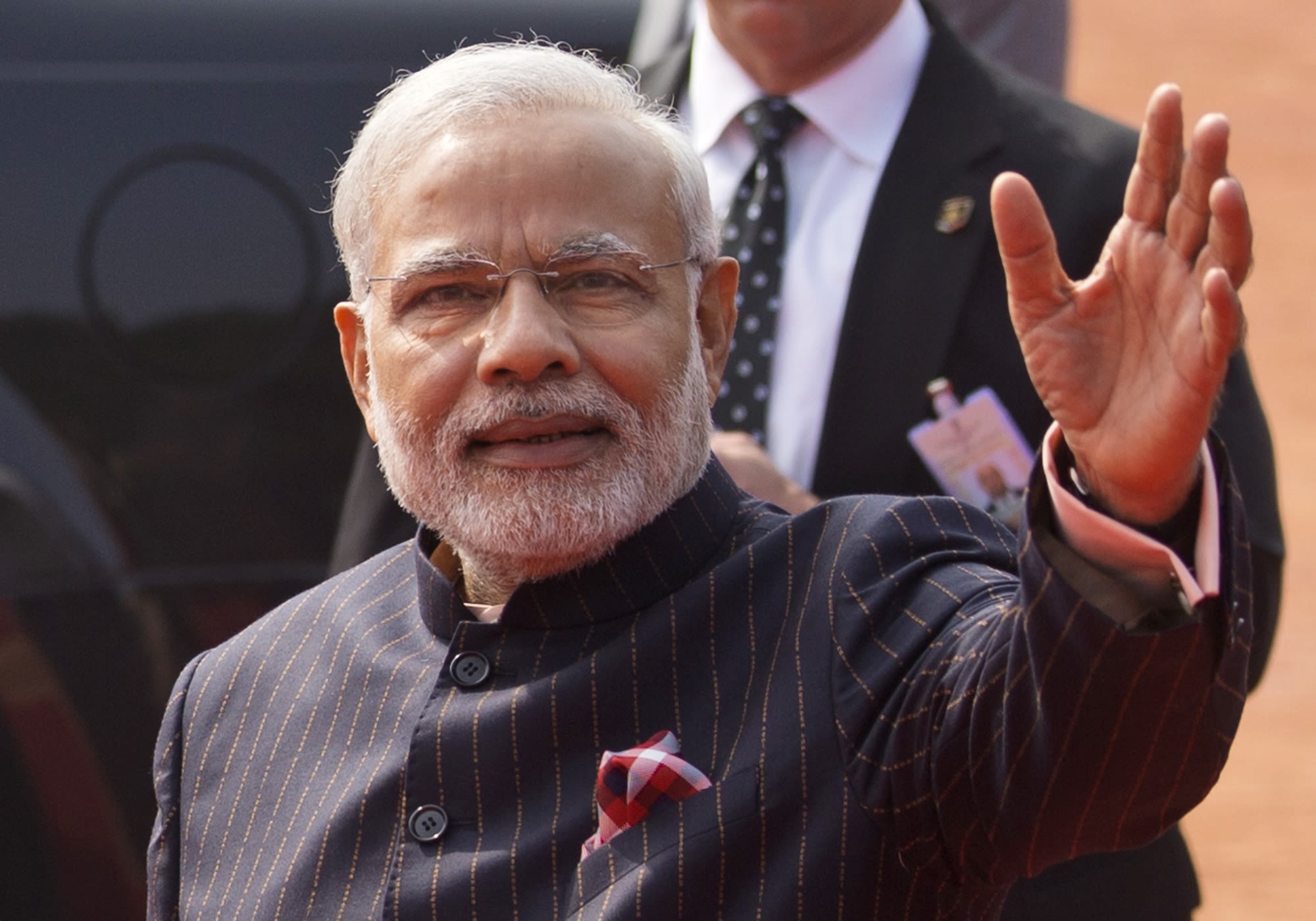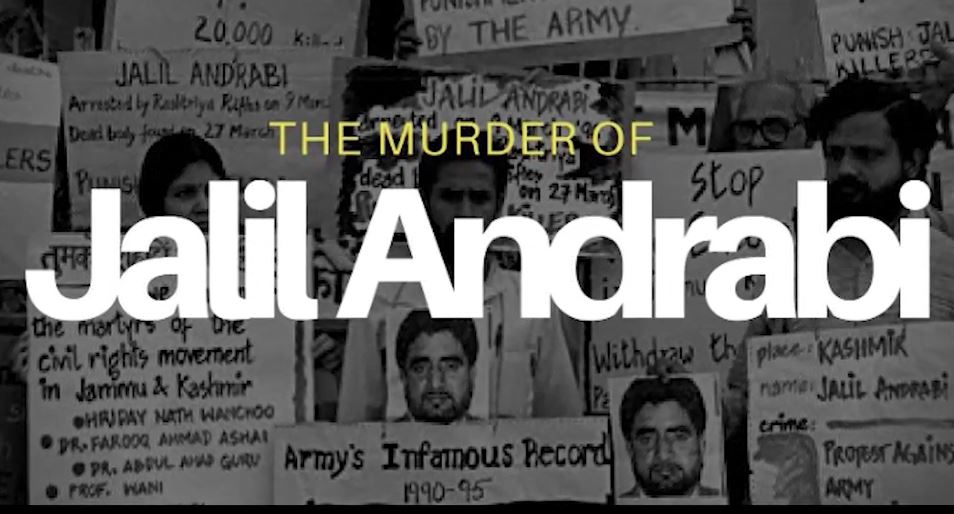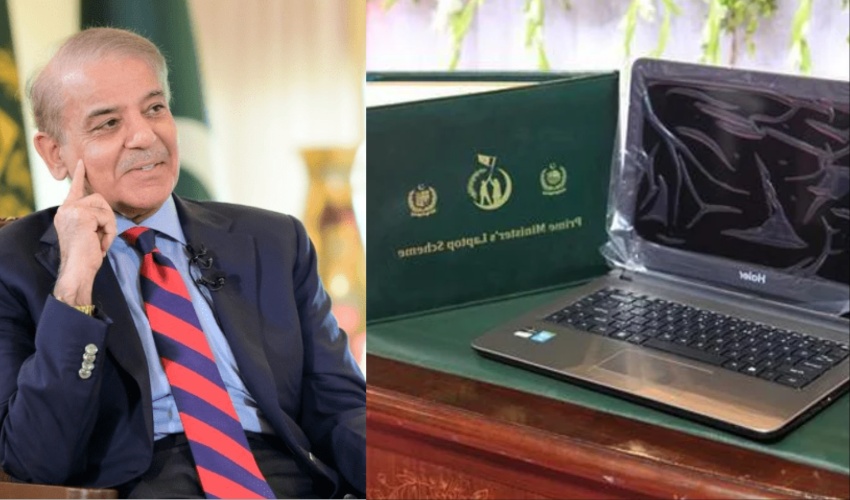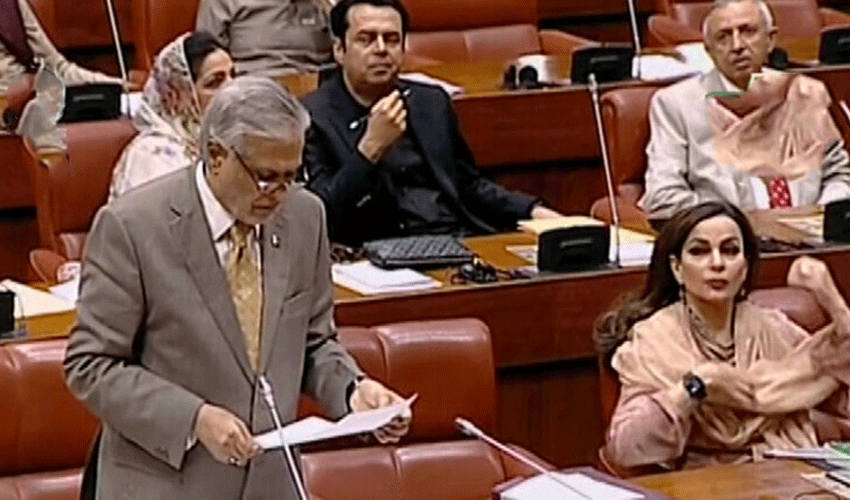With over a billion people eligible to vote, India launched the biggest election campaign in history on Friday. Only ten political parties, out of the nation's over 2,500 total, control 86% of the seats in the Lok Sabha, the lower house of parliament according to Reuters.
Prime Minister Narendra Modi and his ruling Bharatiya Janata Party are expected to lead a serious struggle between a few parties.
Bahartiya janta party (BJP)
The Jan Sangh party, an outgrowth of the men-only Hindu nationalist Rashtriya Swayamsevak Sangh (RSS), gave rise to the BJP, the largest political party in the world with approximately 180 million members. Following its formation in 1980, the BJP struggled in the political fringes until 16 years later, when it produced its first prime minister during an unstable 13-day government.
Under Modi, the BJP established a majority-rule government for the first time in 2014. It has ruled wonderfully ever since.
Narendra Modi
The 73-year-old Modi grew up in a modest Gujarati town. In his 20s, he joined the RSS, the ideological father of the BJP, and over fifteen years later, he joined the Jan Sangh.
Before leading the BJP to a landslide win in the 2014 general election, he had climbed through the ranks over the years and served as Gujarat's chief minister more than three times.
After ten years in office, Modi is still incredibly popular as he runs for a record-tying third consecutive term. Pollsters anticipate that he and the BJP will win easily because of freebies, robust economic development, and persistent wooing of the Hindu majority.
In the populated northern state of Uttar Pradesh, Modi is running for reelection from Varanasi, a place of holy significance for Hindus.
Amit Shah
Amit Shah is India's home affairs minister, a role crucial to issues of national security and a strong ally of Modi. After Modi swept to power in 2014, he was elected president of the ruling Bharatiya Janata Party (BJP), and in 2019 he assumed a ministerial post during Modi's second term.
Shah is recognized for supporting Modi in advancing his Hindu-first policies, which include removing Jammu & Kashmir's special status as a state that is home to the majority Muslim population and enacting controversial citizenship legislation that some claim discriminates against Muslims.
Gandhinagar, the state capital of Gujarat, is where Shah is contesting for reelection.
Indian National Congress
The Congress, the nation's oldest political party, ruled India for more than two-thirds of the country's independence period beginning in 1947, but since Modi's rise to power, the party has had difficulties.
The first and only woman Prime Minister of India Indira Gandhi also came from this party and introduced comprehensive economic reforms in 1991 making way for the evolution of an open market economy.
However, the Modi campaign and other accusations of corruption caused it to fall out of office in 2014.
Rahul Gandhi
Congress's most prominent campaigner and Modi's greatest rival, Gandhi has never served as a minister in a federal or state administration, has failed to lead his party to victory in a general election, and resigned as party leader following his miserable showing in the most recent legislative elections in 2019.
He is still, however, the focal point of opposition politics in India and Modi's primary opponent. For over 37 years, his father, grandmother, and great-grandfather served as prime ministers.
Gandhi, 53, is a four-time member of parliament who has had difficulty mobilizing people behind a weak 26-member opposition coalition that he helped in assembling. To revitalize his campaign and capitalize on the discontent around joblessness, economic disparity, and hardship in rural areas, he embarked on two cross-country walks.
Gandhi is campaigning for office in the southern state of Kerala from Wayanad. Sonia Gandhi, the daughter of the Nehru-Gandhi dynasty, has chosen not to run for office in this year's election.
Aam Aadmi Party (AAP)
The 2011 anti-corruption campaign led by self-styled crusader Anna Hazare, who had the close support of Arvind Kejriwal, gave rise to the Aam Aadmi, or Common Person's Party.
In 2012, Kejriwal founded the AAP, and in 2015, he established a municipal government in Delhi, the nation's capital, causing a stunning political shock for long-standing parties like the Congress and BJP. Since then, Kejriwal has served as chief minister of Delhi. He is a staunch opponent of Modi and a supporter of the Congress in the next elections.
The pre-election arrests of the majority of AAP's prominent leaders, including Kejriwal, in an alleged fraud case, have cast doubt on the party's prospects.
The accusations are rejected by the party that also controls Punjab state, calling them "a desperate attempt to malign the image" of Kejriwal.
Dravida Munnetra Kazhagam (DMK)
The DMK, a powerful regional force in southern India, is ranked third among political parties in the country based on the number of seats it has in the lower house of parliament. DMK, a Congress partner, is also in power in Tamil Nadu state, which has one of the lowest rates of poverty in the country—2%—as well as a high percentage of literacy.
All indian Trinamool Congress (TMC)
The Trinamool Congress, which has four times as many parliamentary seats as the BJP, is in charge of West Bengal, an eastern state. The party split from the Congress and was reconstituted around twenty-five years ago.
Mamata Banerjee, the party's founder, has led the state for over 13 years and is currently a reluctant partner of the Congress in the battle against the BJP in the 2024 elections. Her party has joined the opposition bloc, which consists of 26 members, but they haven't been able to agree on who would run from which state seat.
Mahua Moitra, a steadfast opponent of Modi, is a TMC contender in the next election. After being accused of taking bribes from a businessman in return for answering questions in parliament, Mitra a former investment banker was expelled from parliament last year. The accusations, according to Mitra, are baseless.





